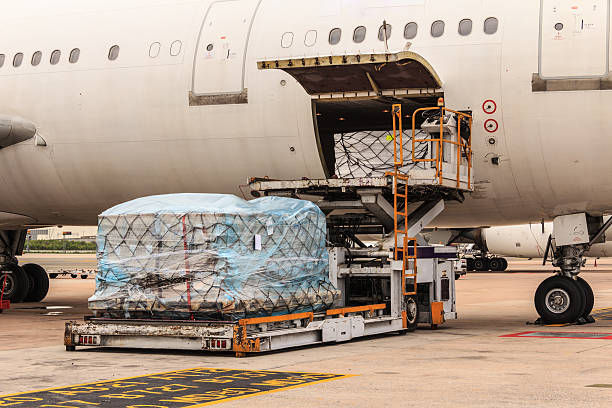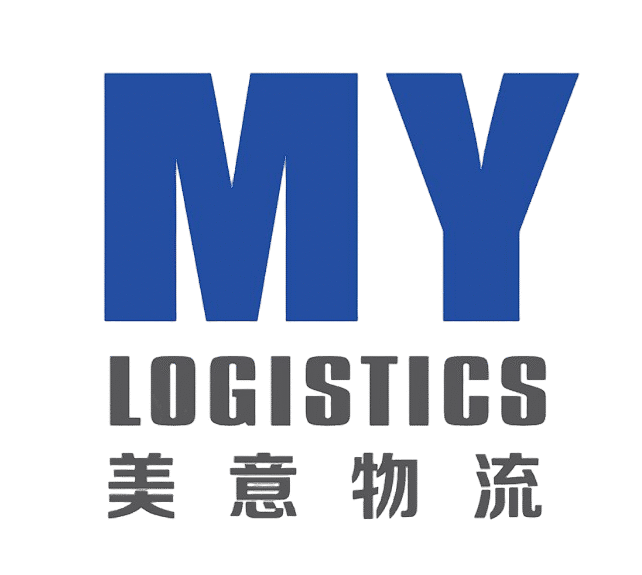0 Comments
1 category
Toronto Auto Parts Return to Factory: Secure, Compliant Logistics for Automotive Components
Toronto’s automotive sector—home to suppliers, repair shops, and assembly plants—relies on seamless returns of defective or recalled parts to factories, whether in Detroit, Mexico City, or Shanghai. A cracked engine component, faulty sensor, or misaligned chassis part can’t just be shipped like regular cargo. Delays in return cost manufacturers thousands in downtime. Damage during transit renders the part useless for analysis. Customs holdups at the U.S.-Canada border or overseas ports compound the stress. For Toronto-based businesses, “auto parts return logistics Toronto,” “defective automotive component shipping,” and “cross-border parts return from Toronto” aren’t just searches—they’re cries for a logistics partner that speaks the language of automotive precision.
The stakes are high. Automotive parts are often delicate: a $10,000 ECU (engine control unit) damaged by static electricity becomes scrap. A heavy transmission housing jostled in transit may warp, making root-cause analysis impossible. Then there’s compliance: parts with hazardous materials (batteries, lubricants) need special labeling to meet Transport Canada and DOT standards. Cross-border returns to the U.S. require accurate NAFTA documentation to avoid duties, while shipments to Asia need harmonized system (HS) code precision to clear Chinese or Japanese customs. Generic carriers miss these details—costing time, money, and trust.
Solutions Built for Toronto’s Auto Ecosystem
Protective Packaging: Safeguarding Precision
One size doesn’t fit all. Electronic components (sensors, ECUs) demand anti-static bags and foam inserts to block static discharge. Heavy metal parts (axles, brake rotors) need reinforced crates with shock-absorbing padding to prevent warping. Fluid-filled components (hydraulic cylinders) require leak-proof containers and “this side up” labeling to avoid spills. Specialized providers in Toronto use custom packaging: 3D-printed inserts that cradle parts like a glove, steel-reinforced crates for heavy loads, and climate-controlled containers for temperature-sensitive items (e.g., rubber gaskets prone to cracking in cold). It’s not just about protection—it’s about preserving the part’s integrity for factory analysis.
One size doesn’t fit all. Electronic components (sensors, ECUs) demand anti-static bags and foam inserts to block static discharge. Heavy metal parts (axles, brake rotors) need reinforced crates with shock-absorbing padding to prevent warping. Fluid-filled components (hydraulic cylinders) require leak-proof containers and “this side up” labeling to avoid spills. Specialized providers in Toronto use custom packaging: 3D-printed inserts that cradle parts like a glove, steel-reinforced crates for heavy loads, and climate-controlled containers for temperature-sensitive items (e.g., rubber gaskets prone to cracking in cold). It’s not just about protection—it’s about preserving the part’s integrity for factory analysis.
Border & Customs Mastery: Avoiding Delays
Toronto’s proximity to the U.S. border is a double-edged sword. A 45-minute drive to Buffalo can turn into a 3-day delay if paperwork is off. Experienced logistics teams handle cross-border returns with precision: NAFTA certificates to prove origin, hazardous materials manifests (if applicable), and advance commercial invoices detailing part numbers, defect codes, and return reasons. For overseas returns—say, a faulty turbocharger sent from Toronto to a factory in Germany—they navigate EU customs with correct HS codes (8409 for engine parts) and proof of recall authorization. This expertise cuts border hold times from days to hours.
Toronto’s proximity to the U.S. border is a double-edged sword. A 45-minute drive to Buffalo can turn into a 3-day delay if paperwork is off. Experienced logistics teams handle cross-border returns with precision: NAFTA certificates to prove origin, hazardous materials manifests (if applicable), and advance commercial invoices detailing part numbers, defect codes, and return reasons. For overseas returns—say, a faulty turbocharger sent from Toronto to a factory in Germany—they navigate EU customs with correct HS codes (8409 for engine parts) and proof of recall authorization. This expertise cuts border hold times from days to hours.
Speed & Flexibility: Matching Production Schedules
A recall can’t wait. For urgent returns—like a defective airbag sensor needing factory testing within 48 hours—expedited air freight from Toronto Pearson (YYZ) to Detroit (DTW) or Shanghai (PVG) ensures it arrives in time. For less critical items—bulk returns of worn-out bearings—consolidated LTL (less-than-truckload) shipping via Toronto’s rail yards (CN Rail, CP Rail) slashes costs. Providers tailor options: “same-day pickup from Mississauga warehouses,” “next-day delivery to Ohio factories,” or “weekly consolidated sea freight to Asian plants”—all with real-time tracking so you know exactly when the part reaches the factory floor.
A recall can’t wait. For urgent returns—like a defective airbag sensor needing factory testing within 48 hours—expedited air freight from Toronto Pearson (YYZ) to Detroit (DTW) or Shanghai (PVG) ensures it arrives in time. For less critical items—bulk returns of worn-out bearings—consolidated LTL (less-than-truckload) shipping via Toronto’s rail yards (CN Rail, CP Rail) slashes costs. Providers tailor options: “same-day pickup from Mississauga warehouses,” “next-day delivery to Ohio factories,” or “weekly consolidated sea freight to Asian plants”—all with real-time tracking so you know exactly when the part reaches the factory floor.

Chain of Custody: Transparency for Recalls
Factories need to trace a part’s journey from Toronto back to the plant to identify failure patterns. Advanced tracking systems log every step: pickup from a Markham supplier, scan at Toronto’s Pearson cargo terminal, border crossing at Niagara Falls, and final delivery to the Detroit factory. Digital manifests include photos of the part pre-shipment (proving condition at pickup) and signed receipts at each handoff. This chain of custody isn’t just for peace of mind—it’s critical for ISO 9001 compliance and recall audits.
Factories need to trace a part’s journey from Toronto back to the plant to identify failure patterns. Advanced tracking systems log every step: pickup from a Markham supplier, scan at Toronto’s Pearson cargo terminal, border crossing at Niagara Falls, and final delivery to the Detroit factory. Digital manifests include photos of the part pre-shipment (proving condition at pickup) and signed receipts at each handoff. This chain of custody isn’t just for peace of mind—it’s critical for ISO 9001 compliance and recall audits.
Why Toronto’s Auto Sector Needs Specialized Logistics
Big freight companies move boxes; they don’t understand that a 0.5mm scratch on a fuel injector nozzle matters. A specialized partner in Toronto trains teams to recognize automotive parts by sight—knowing an alternator needs different handling than a catalytic converter. They have relationships with auto-specific customs brokers who know which HS codes trigger inspections. They’re embedded in Toronto’s automotive hubs: picking up from Oakville assembly plants, Brampton suppliers, and Etobicoke repair shops with the urgency the industry demands.
For Toronto’s auto businesses, the right logistics partner turns returns from a headache into a competitive edge. It means faster factory analysis, lower replacement costs, and trust from OEMs. Whether you’re shipping a single defective sensor or a pallet of recalled parts, the focus is the same: security, speed, and compliance.
Searching for “Toronto automotive parts return service,” “cross-border auto component shipping,” or “defective parts logistics Toronto”? Look for a provider with boots on the ground in Toronto’s auto corridors—one that protects your parts as if their own reputation depends on it.
Category: case analysis
Related Posts
20-foot / 40-foot container ocean freight
20-foot / 40-foot container ocean freight Tired of sticker shock…
Piano / Artwork Transportation Quotation
Piano / Artwork Transportation Quotation Planning to ship your prized…
Comparison of shipping rates among different shipping companies
Comparison of shipping rates among different shipping companies Tired of…
